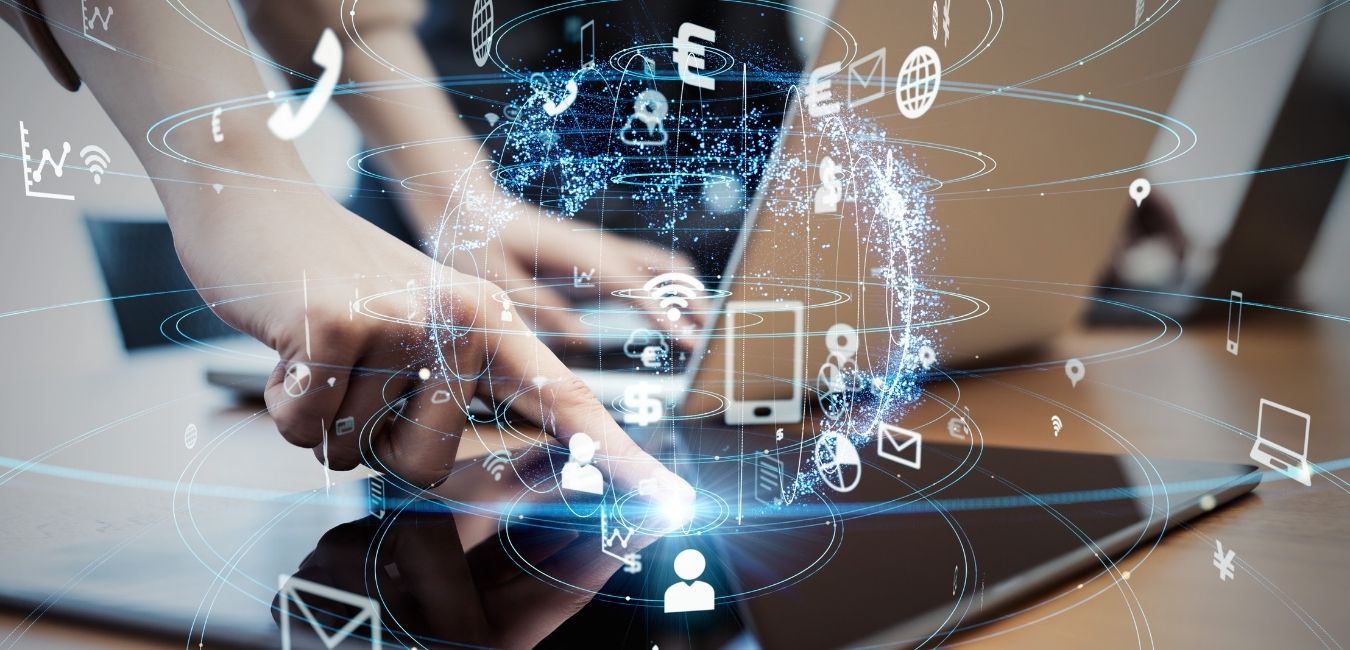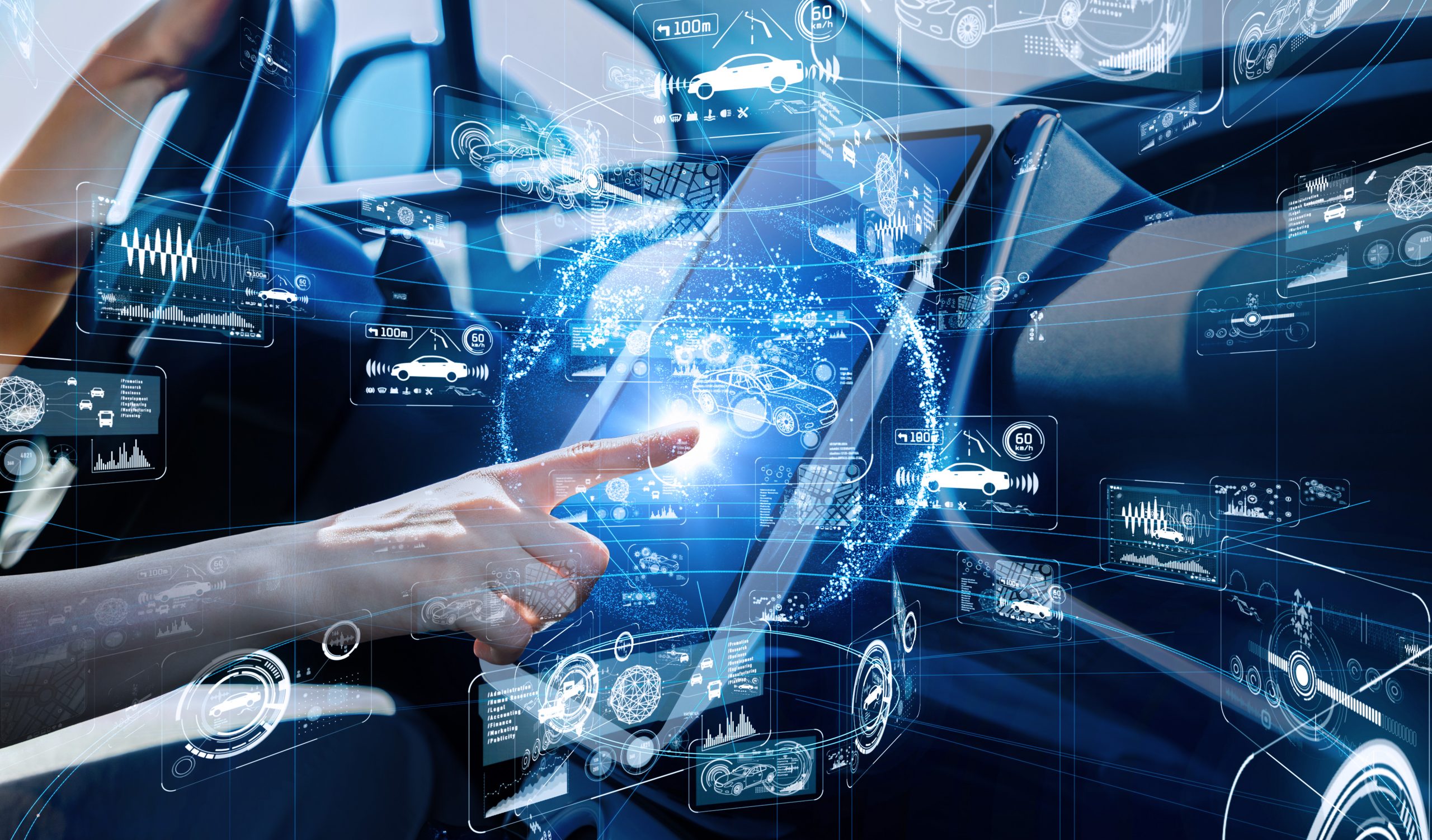How Technology is Changing the World
Introduction
Technology has become an integral part of human existence, influencing how we communicate, work, learn, and even think. Over the past few decades, advancements in artificial intelligence, automation, the internet, and biotechnology have transformed industries and reshaped societies. From revolutionizing healthcare to redefining education and business, technology is shaping the world at an unprecedented pace. This article explores the various ways technology is changing the world and its impact on different sectors.

The Role of Artificial Intelligence and Automation
Artificial intelligence (AI) and automation have had a profound impact on industries worldwide. AI-powered systems can process vast amounts of data, recognize patterns, and make informed decisions faster than humans. Automation, powered by AI, is replacing repetitive tasks, enhancing efficiency, and reducing costs across multiple industries.
1. Healthcare
AI–driven innovations in healthcare are improving patient outcomes and revolutionizing medical research. Machine learning algorithms can detect diseases early, assist in diagnosis, and personalize treatment plans. Robotics are being used in surgeries, and wearable technology allows real-time health monitoring, preventing critical conditions before they escalate.
2. Business and Industry
Automation is transforming industries such as manufacturing, logistics, and finance. Robotics are used in production lines, reducing human intervention while increasing precision. AI-driven chatbots and virtual assistants streamline customer service, while predictive analytics helps businesses make data-driven decisions.
The Impact of the Internet and Connectivity
The internet has revolutionized the way people access information, communicate, and conduct business. The rise of cloud computing, 5G networks, and the Internet of Things (IoT) has created a hyper-connected world where data flows seamlessly.
1. Education and E-Learning
With digital classrooms and e-learning platforms, education is more accessible than ever. Online courses, virtual reality (VR)-based simulations, and AI-powered tutors personalize learning experiences, making knowledge more available across the globe.
2. Remote Work and Collaboration
The COVID-19 pandemic accelerated the shift to remote work, demonstrating the power of digital tools like Zoom, Microsoft Teams, and cloud computing. Virtual collaboration tools enable global workforces to connect and work efficiently from anywhere in the world.
Advances in Biotechnology and Medicine
Biotechnology is revolutionizing medicine by introducing gene editing, personalized medicine, and regenerative treatments. Breakthroughs like CRISPR gene-editing technology allow scientists to modify DNA, potentially curing genetic diseases. 3D bioprinting is paving the way for organ transplants without donors, while advancements in stem cell therapy are improving regenerative medicine.

The Rise of Smart Cities
Technology is reshaping urban development through smart city initiatives. Cities worldwide are adopting AI-powered traffic systems, smart grids, and IoT-enabled infrastructure to enhance efficiency, reduce energy consumption, and improve quality of life. Automated public transportation, smart waste management, and real-time air quality monitoring are just a few innovations contributing to sustainable urban living.
Ethical and Privacy Concerns
While technology is bringing remarkable benefits, it also raises ethical and privacy concerns. AI surveillance, data breaches, and misinformation pose risks to individual privacy and democracy. The rise of deepfake technology and misinformation campaigns highlights the need for stronger cybersecurity measures and ethical AI regulations.

Conclusion
Technology is changing the world in ways that were once thought impossible. From AI and automation to biotechnology and smart cities, innovations are improving lives and transforming industries. However, with these advancements come challenges, including ethical dilemmas and privacy concerns. As technology continues to evolve, it is crucial to strike a balance between innovation and responsibility to ensure a better future for all.

